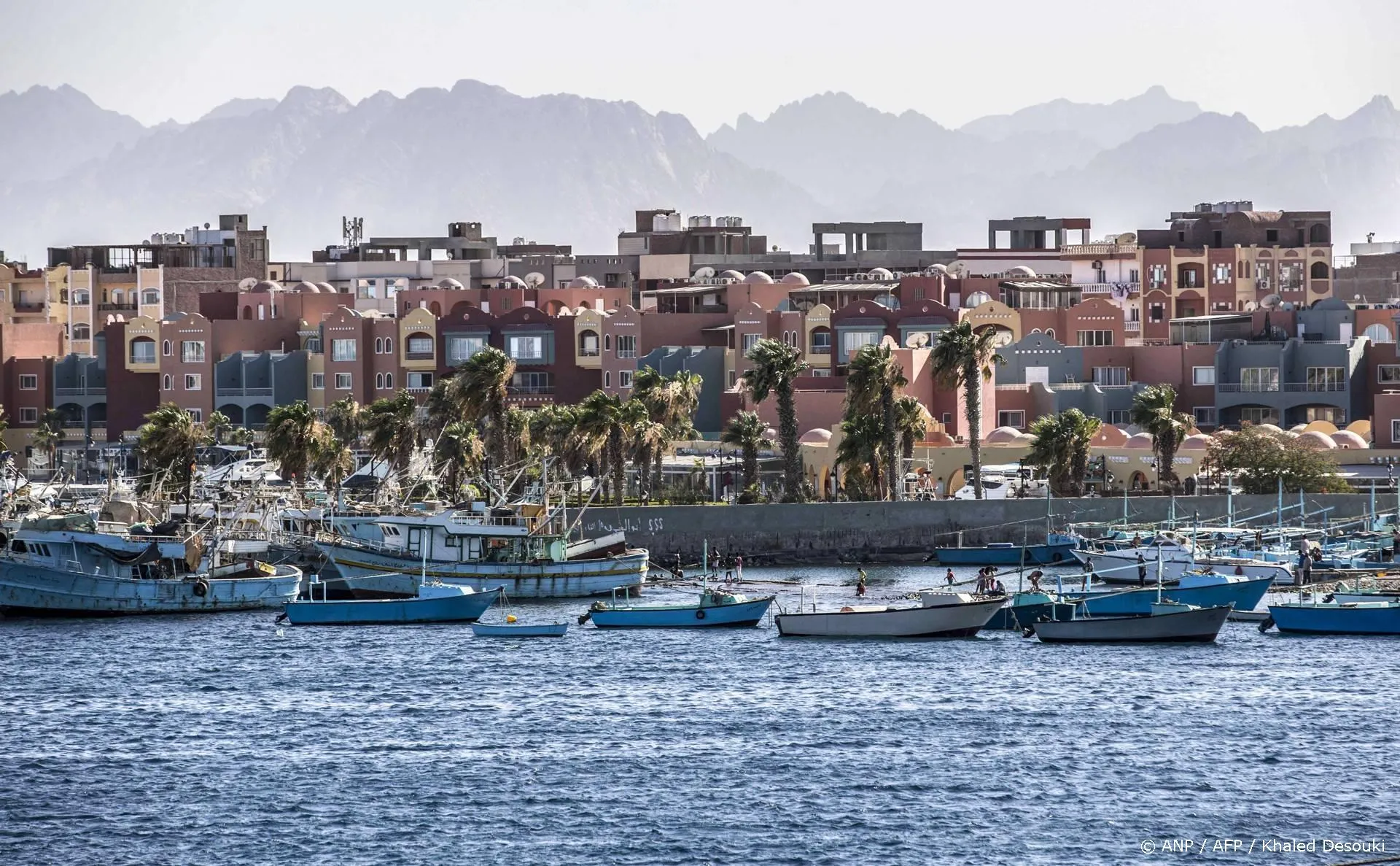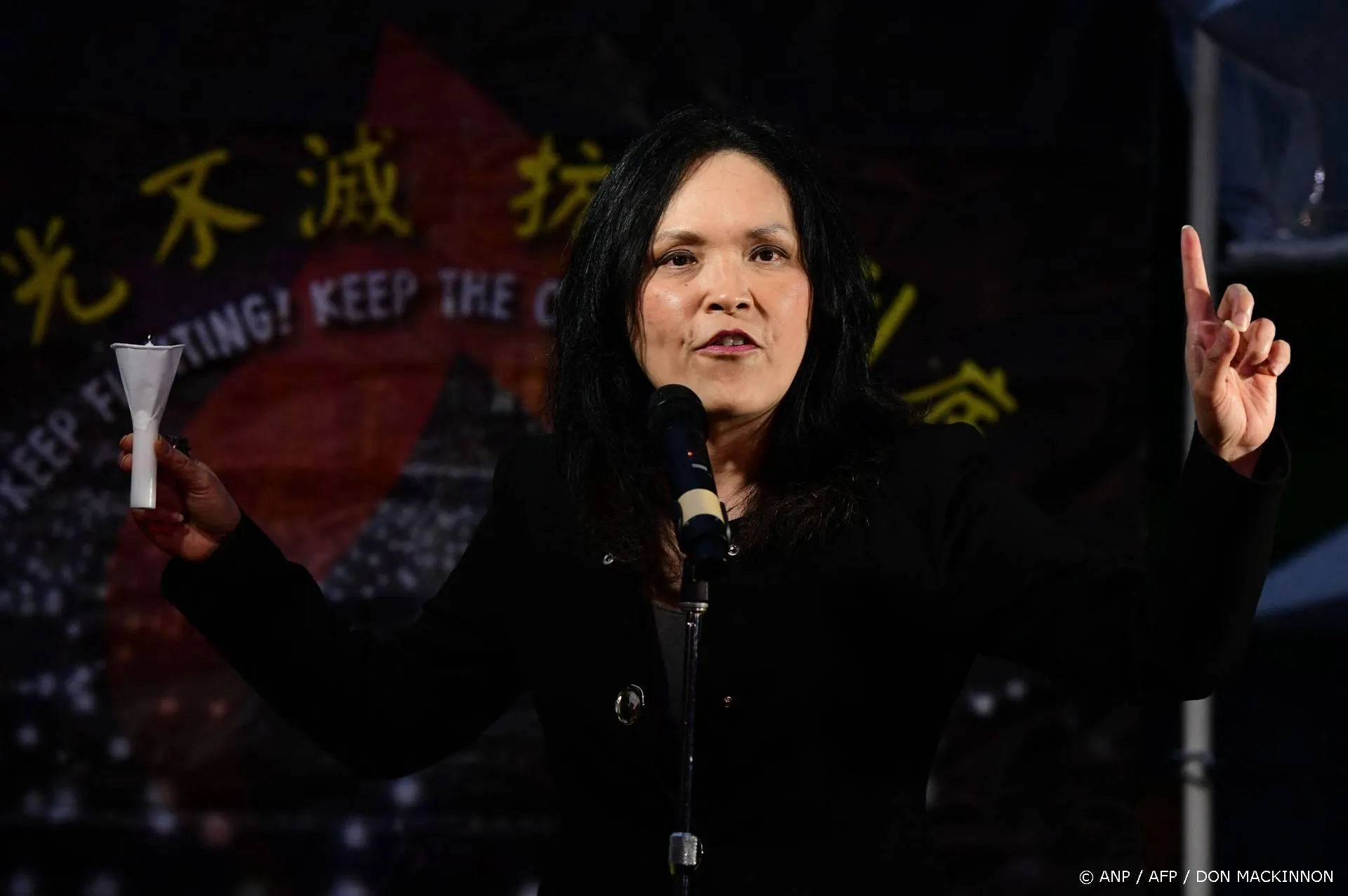Zonsondergang voor zonne-energie in Duitsland
Reeds eerder schreef ik over de ondergang van het Amerikaanse zonne-energiebedrijf Solyndra. Daarmee ging een half miljard aan overheidssteun in rook op. Ook in Duitsland rommelt het in de zonne-energiesector en zijn reeds vele bedrijven failliet gegaan met een overeenkomstig verlies aan werkgelegenheid. Maar dit lijkt nog maar het begin.
Groenen als Wijnand Duyvendak houden ons voor dat Nederland het voorbeeld van het Duitse duurzame energiebeleid zou moeten volgen. Het is maar goed dat Nederland niet naar hun sirenenzang luistert.
Reuters berichtte onlangs over de aanzienlijke productiebeperkingen van een grote producent van zonnenpanelen, die in het voormalige Oost-Duitsland is gevestigd.
Reuters:
When Tino Blaesi joined the solar sector gold rush, he thought his career was made. Seven years later, he is looking for a job outside the industry after his company slashed more than a third of its workforce in one day.
Workers in Germany's once booming solar energy industry face a shakeout of major proportions following declines in the price of solar panels over the past year. Cuts in subsidies for solar energy, weaker demand for panels and fierce competition from cheaper Asian rivals are eating into what was once the world's biggest hub for the production of solar cells, taking the shine off an industry that was effectively born in Germany.
A decision by the German government earlier this year to phase out nuclear energy has done little to reignite the sector. The resulting power gap is likely to be filled by coal and gas rather than solar and wind energy. ...
Vogt had some 160 employees in its heyday in the mid 2000s, Blaesi said, but has shriveled as the young industry matured. It was forced to carry out a large round of lay-offs earlier this year after price declines and weaker demand dampened growth. Subsidies, or so-called feed-in tariffs, through which operators of solar panels receive a guaranteed price for the electricity they generate, made Germany the world's largest solar market and had created 150,000 jobs by 2010. But over the past two years, Germany has sharply reduced the tariffs, and a recent proposal to limit subsidies for new solar installations may seal the industry's fate.
Now, German solar companies are either laying off staff or putting them on reduced working hours. The contrast with the broader economy is stark. Overall, German unemployment has steadily declined in recent years as Europe's biggest economy outperforms its rivals in Europe. Since the end of last year, roughly 5,000 companies involved in the solar business have shut up shop, shedding about 20,000 jobs, according to German solar industry group BSW.
Lees verder hier.
Het bevestigt maar weer eens dat ondernemers voorzichtig moeten zijn met investeringen in activiteiten die kritisch afhankelijk zijn van overheidssteun. Immers, als het politieke getij verloopt, verandert ook het beleid en gaan de betrokken bedrijven over de kop. En er is niemand die ze dan de helpende hand toesteekt zelfs Wijnand Duyvendak niet.
Ga verder met lezen
Dit vind je misschien ook leuk
Laat mensen jouw mening weten
Lees ook
Loading


